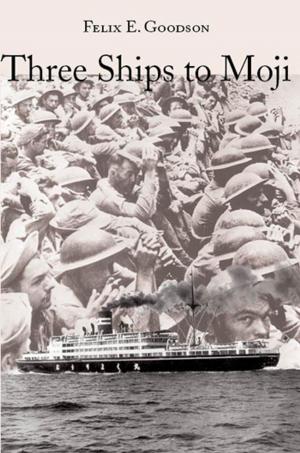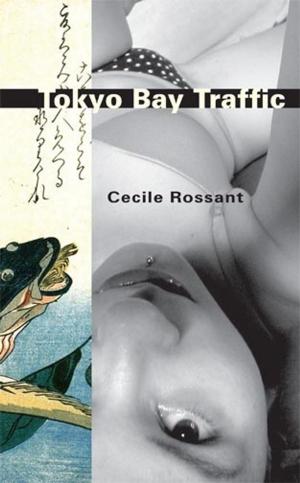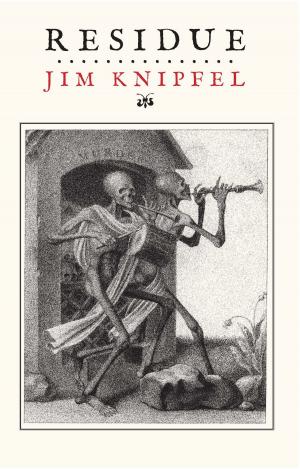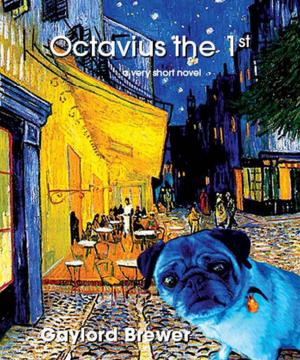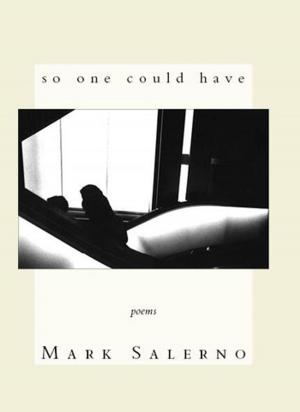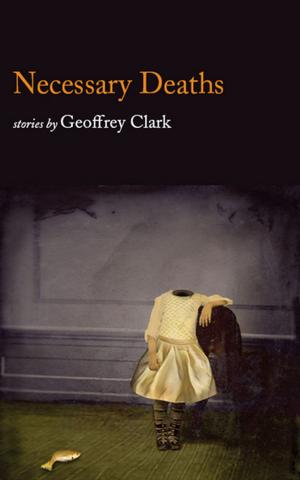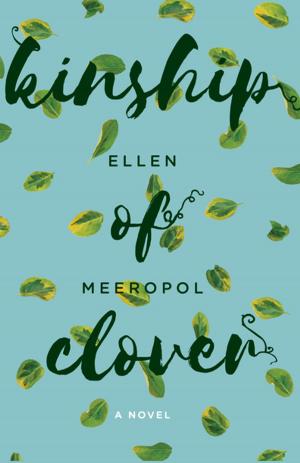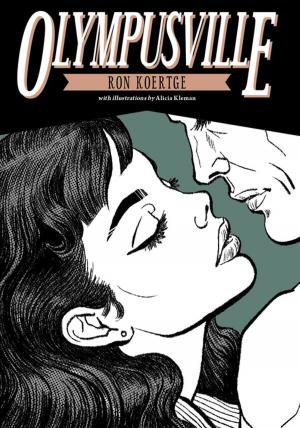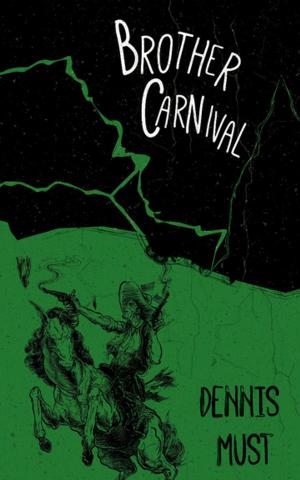| Author: | Ernest Hilbert | ISBN: | 9781597091893 |
| Publisher: | Red Hen Press | Publication: | January 1, 2012 |
| Imprint: | Red Hen Press | Language: | English |
| Author: | Ernest Hilbert |
| ISBN: | 9781597091893 |
| Publisher: | Red Hen Press |
| Publication: | January 1, 2012 |
| Imprint: | Red Hen Press |
| Language: | English |
A.E. Stallings writes that “like the minutes of the hour, these Sixty Sonnets both combine to make a whole and shine as individual moments. While groups of these sonnets occasionally suggest a narrative—refreshingly, like the fugitives and weary academics that people these pages—they work alone. The newspaper crime blotter itself, from which, perhaps, some of these incidents are torn, speaks up as a single sonnet. Here are barflies, high-school dropouts, retired literary critics, washed-up novelists and war-zone reporters, suburbanites and historians, and lyrics with a range of reference from Zippos and Star Wars figures to William James and Thomas Eakins. Mostly in a decasyllabic line that allows for the roughed-up prose rhythms of speech, these sonnets tend to conclude in true iambic pentameter, the tradition that haunts rather than dominates these poems. It is the voice of a less lyrical Prufrock (‘We’ll head out, you and me, have a pint’), a voice that speaks with unsentimental affection for the failures, the ‘Gentlemen at the Tavern’—but it is a voice that just as easily could be speaking of the gentlemen at the Mermaid Tavern, and indeed there is something of Marlowe, as well as Eliot, in this sensibility. The evasive presence in the background occasionally speaks in propria persona—the wry, worldly-wise voice of the poet himself—as much listener as talker—something like a sympathetic bartender, scrupulous in his measures, who has heard it all before, but nightly observes every hour unfold afresh from behind the counter.”
A.E. Stallings writes that “like the minutes of the hour, these Sixty Sonnets both combine to make a whole and shine as individual moments. While groups of these sonnets occasionally suggest a narrative—refreshingly, like the fugitives and weary academics that people these pages—they work alone. The newspaper crime blotter itself, from which, perhaps, some of these incidents are torn, speaks up as a single sonnet. Here are barflies, high-school dropouts, retired literary critics, washed-up novelists and war-zone reporters, suburbanites and historians, and lyrics with a range of reference from Zippos and Star Wars figures to William James and Thomas Eakins. Mostly in a decasyllabic line that allows for the roughed-up prose rhythms of speech, these sonnets tend to conclude in true iambic pentameter, the tradition that haunts rather than dominates these poems. It is the voice of a less lyrical Prufrock (‘We’ll head out, you and me, have a pint’), a voice that speaks with unsentimental affection for the failures, the ‘Gentlemen at the Tavern’—but it is a voice that just as easily could be speaking of the gentlemen at the Mermaid Tavern, and indeed there is something of Marlowe, as well as Eliot, in this sensibility. The evasive presence in the background occasionally speaks in propria persona—the wry, worldly-wise voice of the poet himself—as much listener as talker—something like a sympathetic bartender, scrupulous in his measures, who has heard it all before, but nightly observes every hour unfold afresh from behind the counter.”



